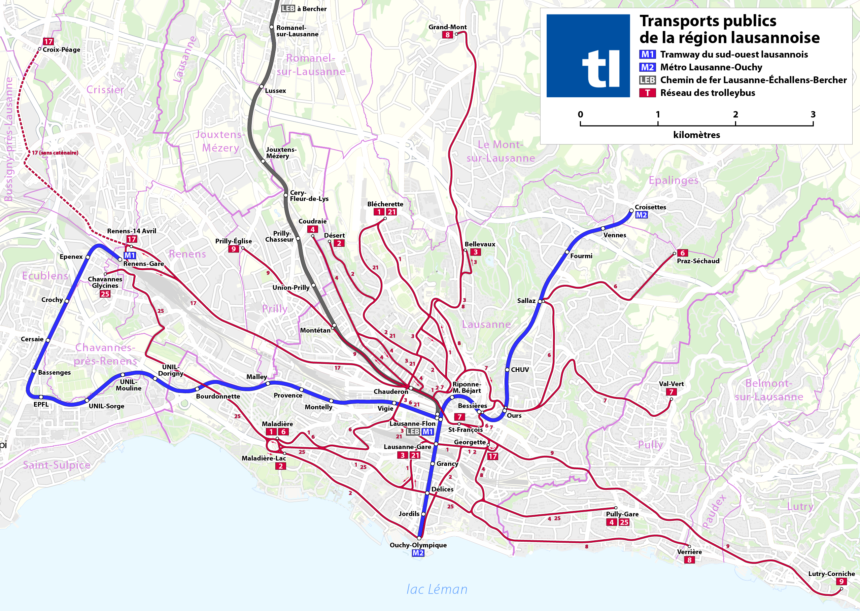In the first phase, nearly 238,893 people benefited from free public transportation in Istanbul.
Throughout the three-month period, each eligible job applicant will be entitled to 96 rides free of charge. This includes up to 4 trips per day.
The new policy will be launched by the end of October in response to the escalating costs for public transportation, which has increased five-fold over the last five years as a result of the economic instability and inflationary forces that have impacted Turkey.
Istanbul is one of the largest cities in the world. The rising costs for transit have made it difficult to find a job.
The cost of transit is increasing, and this has an impact on job mobility.
Istanbul single-ride fares have increased since 2018, as Turkey’s volatile economy has led to inflation and currency crises. This has made daily commutes unaffordable for some.
This initiative, which could help ease the main challenge facing Istanbul’s job-seekers: accessing affordable job markets. The official unemployment rate in Turkey is 8.8%.
This program will target registered job seekers at regional employment centers. It uses digital QR codes to redeem fares, which minimizes misuse and streamlines access.
Globally, similar transport subsidies have been tested with varying results.
Despite positive findings, the results of research on accessible transportation and employment are mixed.
According to a Washington DC study conducted in 2014, job applicants who receive transportation subsidies are 19% more likely to attend job interviews.
A 2016 Seattle study showed that transit use increased without resulting in significant employment increases.
Many programs are designed to help job-seekers find employment, but they face obstacles like limited transit access and changing job market dynamics.
Transport equity is a priority for global cities
Other cities have experimented with different models to provide transport assistance to job-seekers, and tailored policies according local needs.
Budapest provides unlimited free transport to job-seekers, while New South Wales in Australia offers discounts for a short period.
While the Western Cape of South Africa focuses on transit assistance for specific interviews, it reflects different regional approaches in addressing transportation obstacles.
Istanbul’s policies go beyond just lowering the fares. It aims to remove an actual barrier for job seekers in a place where 17% of all jobs are located within 30 minutes of a public transportation station.
Istanbul’s complicated transport infrastructure poses additional challenges for job-seekers.
The city bus network is able to cover approximately 95% the metro area. However, inefficient connections and long waiting times, especially in the suburbs, limit the access to essential services and jobs.
Istanbul’s accessibility targets, which include increasing the number of jobs that can be reached by public transit by 30 percent by 2040, will not succeed unless these problems are addressed.
Transit accessibility is critical to economic mobility. This is especially true for residents with low incomes who depend heavily on the public transport system and are faced with challenges such as service frequency and timing.
Studies indicate that while the main objective of transit subsidies is to improve employment access, they may also have a positive impact on other aspects such as quality of life.
A related study in Seattle found that participants used free transit to do more than just job search, and reported an improved sense of well-being, as well as a decrease in the use of health services.
The unintended benefits of free or subsidised transit are that it can increase access to health care, nutritious food, and recreation opportunities.
In the case of those who have limited resources, transport that is affordable can help them to engage in more life enriching activities such as going on family visits or participating in local events. This can support their efforts in finding a job.
Istanbul’s Initiative: Will it Change the Job Market Access?
Istanbul’s transit policy is part of a worldwide focus on equity in public transport, as cities strive to make it more affordable and accessible for residents.
However, there are still questions about the long-term effects of this program on employment.
Istanbul aims to remove the financial barriers of transportation costs for unemployed citizens, and set a precedent that could be followed by other cities with similar economic problems.
It remains to be determined whether the initiative will lead to sustainable job gains, or simply relieve financial strain during the phase of seeking employment.
Istanbul’s public transport program is a significant step in the direction of more accessible and inclusive solutions for cities that are struggling with economic and living cost challenges.
Even though it is complex and has potential limitations, this initiative highlights the commitment of the city to improving employment paths and supporting its population seeking work in one of Turkey’s most difficult economic times.
Updates to the post Istanbul offers free public transportation for unemployed residents in transit cost rise may change this article.
This site is for entertainment only. Click here to read more






